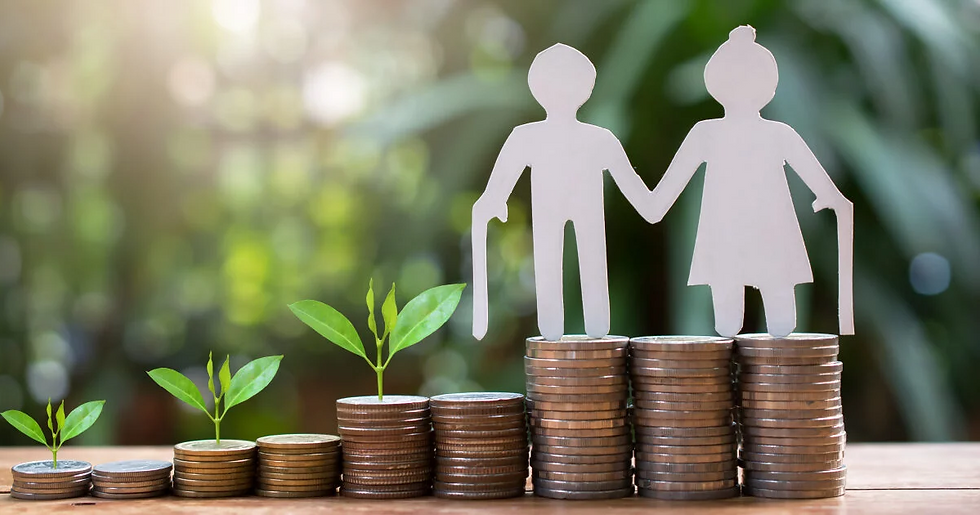Qatar's Ambitious Gas Expansion Amidst Global Market Shifts
- Flexi Group
- Feb 28, 2024
- 3 min read
Qatar is set to bolster its natural gas production, signaling confidence in future demand despite recent price fluctuations in global markets. Saad al-Kaabi, CEO of QatarEnergy, revealed plans for a significant expansion of liquefied natural gas (LNG) production, aiming to add 16 million metric tons per year to existing plans. This expansion will elevate Qatar's total LNG capacity to 142 million tons per year.
Kaabi said, "We still think there’s a big future for gas for at least 50 years forward and whenever we can technically do more, we’ll do more." He emphasized, "We see that Europe is going to need gas for a very, very long time. But the growth in Asia is definitely going to be bigger than the growth in Europe, basically driven by population growth."
The decision comes amidst a backdrop of fluctuating LNG prices, with Asian markets experiencing a notable decline due to warmer-than-usual temperatures reducing demand during the Northern Hemisphere winter. However, Kaabi remains optimistic about long-term prospects, particularly citing the growing demand for gas in both Europe and Asia.
"The oversupply will in our view lead to increasing risks, especially from 2026, when we expect the Qatari expansion to start to come online," said analysts at Goldman Sachs. They noted, "Qatar benefits from the expansion announcement since it is a low-cost LNG supplier and it adds to the image of Qatar as a dependable supplier, especially after the US pause was announced."
The surge in gas prices in 2022, triggered by geopolitical tensions and disruptions in Russian gas supplies to Europe, saw the United States emerge as the world's leading LNG exporter in 2023, surpassing Qatar. Nevertheless, Qatar played a crucial role in stabilizing global gas supplies during this period.
Despite recent geopolitical shifts, including US President Joe Biden's decision to pause approvals for new LNG export terminals, Kaabi reaffirmed Qatar's commitment to meeting global energy needs. He emphasized the enduring demand for gas, especially in Asia, driven by population growth.
With this expansion, Qatar aims to increase output from its North Field, expecting a significant 85% rise in production by 2030. This move aligns with similar efforts by other major gas producers like the US, Australia, and Russia, who are also betting on future demand growth.
"The North Field is part of the world’s largest gas field which Qatar shares with Iran, which calls its share South Pars," Kaabi explained.
While some analysts foresee a potential oversupply in LNG markets in the second half of the decade, Qatar remains confident in its position as a low-cost supplier. The expansion project is also seen as enhancing Qatar's reputation as a dependable gas supplier, particularly amidst uncertainties surrounding US LNG exports.
QatarEnergy has already secured supply deals with partners in Europe and Asia for the North Field expansion project, which was initially projected to commence production by 2027. However, exploration activities in the North Field prompted the decision to further expand production.
The expansion project will involve the construction of two new LNG trains, in addition to the six already underway for previous expansions. Despite the scale of the project, QatarEnergy intends to proceed with the engineering phase independently before considering potential partnerships.
The North Field expansion underscores Qatar's pivotal role in global energy markets and its commitment to meeting future demand, underscoring the continued relevance of natural gas in the global energy transition.
By fLEXI tEAM
.png)
.png)








Comments